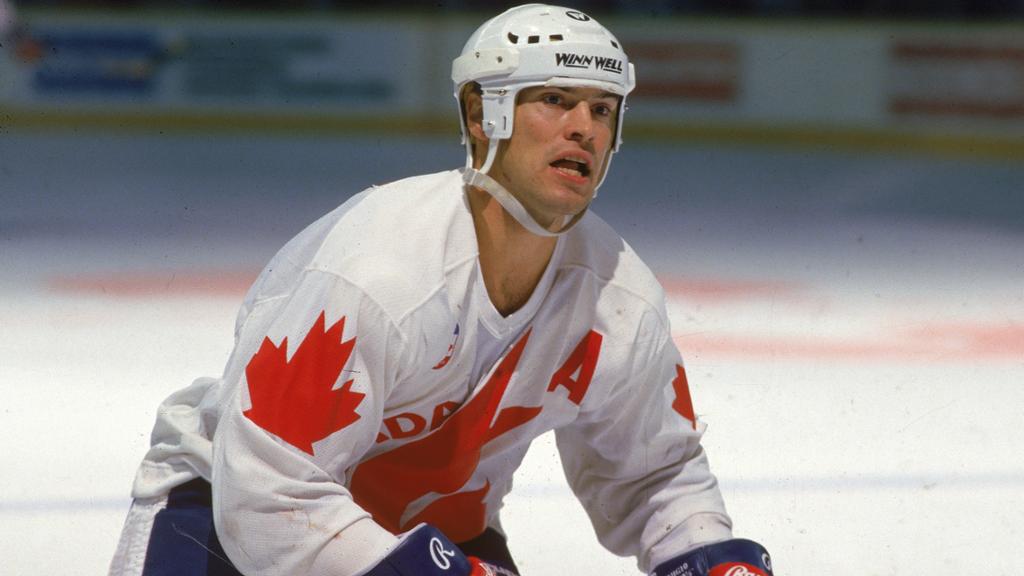
by Joseph Torchia
Mark Messier, Aaron Rodgers, and Kenny Stills are among the few sports stars who have spoken publicly about using psychedelics for mental health and general wellness. But a future where the treatment is more widespread across sports and among athletes may not be so far away. Read on to see how psychedelics have impacted seven athletes.
At the elite level of sports, athletes continually seek ways to gain an advantage over their opponents. When every athlete is strong, fit, and tireless, a physical edge becomes less critical than a psychological edge, which is where psychedelics come into play.
In recent years, there has been growing interest in using psychedelics in sports to enhance performance and improve well-being. Proponents of psychedelics in athletics argue that these drugs can help athletes break through mental barriers, improve reflexes and hand-eye coordination, increase creativity and problem-solving abilities, and reduce anxiety and stress. As a result, many athletes and coaches have reported using psychedelics.
Former NHL player Mark Messier has recently spoken publicly about using psilocybin to improve his mental focus and leadership on and off the ice. While referring to the use of psilocybin and his expanded perspective due to the drug, Messier stated in an interview, “How can I use my mind to empower myself to be a better player, to be a better person, to have more energy, to create a better aura?” For him, psilocybin was the answer.
Similarly, current and former NFL players such as Aaron Rodgers and Kerry Rhodes have reported using ayahuasca to help them deal with the physical and mental demands of professional sports. Rodgers says the drug heals the negative voices and self-talk, which made him “fall in love with football a little deeper. It’s been therapy. It’s been meditation. It’s been changing habits that weren’t giving me any type of joy. Eating better. Taking care of myself a little better. Being more gentle with myself.” His two recent MVP trophies are a testament to the positive effects of ayahuasca on his football career.
Mike Tyson and UFC fighter/mixed martial artist Tim Kennedy have credited psychedelics with helping them overcome anxiety, depression, and insomnia. In addition, they have advocated for using psychedelics in sports to improve well-being. Athletes and users of LSD and psilocybin have reported that the drug gives them heightened perception, coordination, and reflexes and delivers them into a “flow” state.
Doc Ellis, a baseball player famously known for his “LSD no-hitter” game, and Ryan Keating, a Salt Lake City college athlete, described the feeling of “flow” while playing sports on psychedelics. In an article published in the Multidisciplinary Association for Psychedelic Studies bulletin, James Oroc, an extreme sports reporter, stated that LSD (with optimum dosage) could significantly improve physical abilities such as reflexes, balance, and concentration and provide greater tolerance for pain.
According to Jim Fadiman, an expert on microdosing who has gathered over 400 individual microdosing reports, many people have experienced “enhanced skills in physical activities” and a “clear improvement in athletic performance” after microdosing. While the use of psychedelics in sports is still a controversial topic, there is growing evidence that these drugs have the potential to offer significant benefits for athletes. Several studies have shown that psychedelics can help reduce anxiety and depression, improve sleep, and enhance creativity and problem-solving abilities, which can be important for athletes.
The NBA prohibits ketamine, LSD, and MDMA in its “drugs of abuse” category. MLB prohibits those, plus ayahuasca, psilocybin, and mescaline. The UFC is seemingly the exception, having said publicly it’s done considerable research into psychedelic use. Jeff Novitzky, the outfit’s senior vice president of athletic health and performance, started looking into it after a Real Sports episode from late 2020. He says he’s gotten a lot of questions from UFC fighters about psilocybin. So Novitzky asked questions of Hopkins experts and learned more about the existing research. The UFC decided to forgo setting up clinical trials right now due to concern that not enough athletes have exhausted traditional therapies and the ethics of administering only a placebo to athletes who might need help. But collaboration with Hopkins researchers, he says, is not off the table in the future.
Are you looking for creatively compliant ways to keep your ship’s sails full so you can focus on the business side? Alan Aldous can help.
Call us at +1 (844)-4-WEED-PR or fill out our contact form to book a 15-minute call with someone at Alan Aldous.